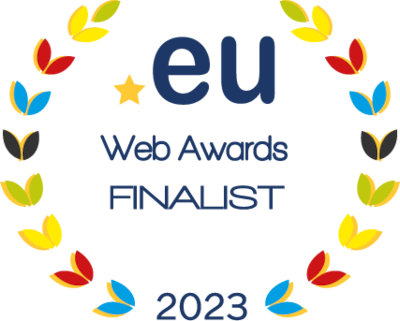There is no doubt that we need to accelerate the shift toward renewable energy and that we need to do it as fast as possible to protect citizens, not only from a volatile energy market, but also from threatening social and environmental consequences that climate change will bring along if this change does not happen at pace.
As outlined in the REPowerEU plan, green energy sources, together with energy efficiency and energy savings measures, are pivotal to respond to the energy crisis, but also to reduce CO2 emissions and, therefore mitigate the risk of environmental pollution and global warming.
To unlock the potential of renewables energies as a reliable alternative to fossil fuels, Europe needs structural change to enable new technologies, new players and new forms of cooperation Beyond emergency measures, we now need to rethink the energy landscape and be creative in coming up with new solutions that allow everyone to contribute as much as possible to this endeavor.
The launch of the European Green Deal in December 2019 opened a new chapter on the journey to building a sustainable society, in with all sectors must be engaged. The first legal framework for individuals to join forces and actively participate in the energy market was created in 2020; since then, individuals, local governments and private companies started to move towards common goals of climate neutrality and decentralization of the energy system, but in different directions, depending largely on the possibilities offered by their own national regulation. In this context, new partnership began to take shape in a variety that is sometimes difficult to categorize and fit into definitions.
Since June 2021, the Horizon2020 project DECIDE has been tracking the many directions taken by energy communities, and more generally, collective energy actions, examining them from different and complementary perspectives. From how to engage with citizens to the different legal forms allowed by law in different Member States, to the activities and possible business models that the initiative can adapt to ensure sustainable overtime and decoupled from subsidies, the DECIDE team investigated the drivers and barriers encountered by different actors in their participation in the energy transition.
This conference, which was a mix plenary discussions and interactive sessions, was the final event of the project and brought together the wide range of stakeholders who are able and willing to engage in collective energy actions to share their knowledge, exchange on the state of the art and discuss together on possible futures. Furthermore, based on project results, businesses, public authorities and NGOs were invited to participate in a dialogue that will address the model of business, structure of governance and legal framework.
Take a look at the programme Get to know the speakers
Read and download the DECIDE pre-conference press release (29 May 2023)
Event Impressions





















